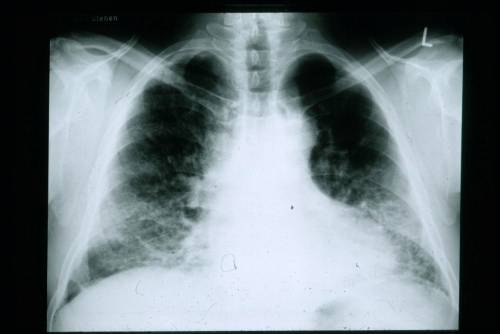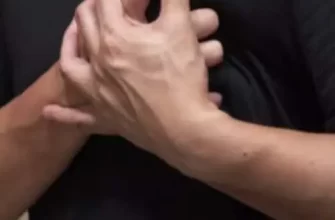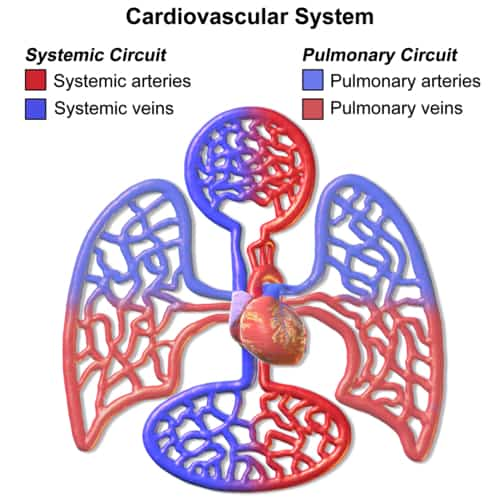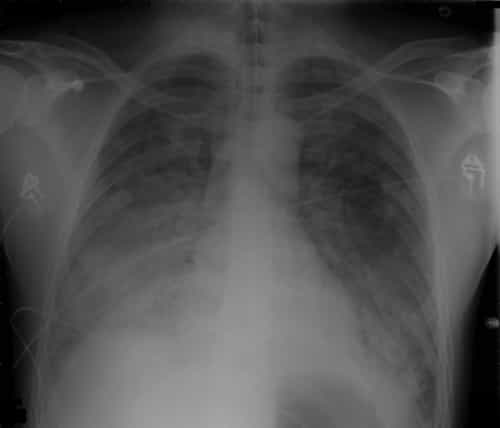Chronic Obstructive Pulmonary Disease, commonly known as COPD, is a condition that affects millions of individuals worldwide. But what exactly is COPD, and why is it so concerning? Let’s explore the details, relying on verified sources such as the American Lung Association, the World Health Organization (WHO), and recent medical studies to provide a well-rounded view.
Common Symptoms of COPD and Their Frequency
| Symptom | Frequency Among Patients |
|---|---|
| Chronic Cough | 80% |
| Shortness of Breath | 90% |
| Wheezing | 60% |
| Fatigue | 70% |
This chart highlights the most common symptoms experienced by COPD patients, with shortness of breath being the most prevalent. Recognizing these symptoms early can help in effective disease management.
What is COPD and Why Should You Be Concerned?
COPD is a long-term lung disease that encompasses both emphysema and chronic bronchitis. Imagine trying to breathe through a straw; that’s what someone with COPD experiences every single day. This progressive condition makes it increasingly difficult for people to breathe, limiting their ability to perform daily tasks and reducing their quality of life. According to the WHO, COPD is the third leading cause of death globally, and yet, many people don’t even realize they have it until it’s too late. Early detection is key, but why is it so often overlooked?
One reason is that COPD symptoms, such as chronic cough, wheezing, and shortness of breath, can easily be mistaken for the effects of aging or other respiratory issues. The U.S. Centers for Disease Control and Prevention (CDC) reports that over 16 million Americans are currently diagnosed with COPD, but many more remain undiagnosed. Could you or someone you know be among them?
A Deeper Look at the Numbers: How Common Is COPD?
To grasp the extent of this issue, let’s look at some numbers. In the United States alone, COPD affects approximately 6.4% of adults, with higher rates observed among individuals over the age of 65. It’s also more common in rural areas where access to healthcare is limited, and smoking rates are generally higher. Interestingly, recent studies have shown that women are now more likely to develop COPD than men, which is a shift from previous decades. The increase among women is attributed to historical smoking patterns, as well as biological differences in lung structure that make them more susceptible to lung damage.
| Age Group | Percentage of Adults with COPD |
|---|---|
| 45-64 Years | 25% |
| 65+ Years | 40% |
This table highlights the prevalence of COPD among different age groups, emphasizing the increased risk as people age.
Average Lung Function Decline by Smoking Status
| Smoking Status | Average Lung Function Decline (Percentage) |
|---|---|
| Current Smokers | 70% |
| Former Smokers | 40% |
| Never Smokers | 15% |
This chart compares the average decline in lung function between current smokers, former smokers, and those who have never smoked. It highlights the significant impact of smoking on lung health and the benefits of quitting smoking for reducing lung damage.
“Did You Know?” COPD Facts
- Did you know that over 90% of COPD cases are preventable? The primary risk factor is smoking, which accounts for roughly 85% of all COPD cases. The CDC suggests that quitting smoking at any stage can slow disease progression and improve quality of life.
- Did you know indoor air pollution also contributes to COPD? The WHO estimates that about 3 billion people worldwide are exposed to harmful indoor pollutants from cooking fires and poor ventilation, which increases their risk of developing COPD.
What Can Be Done to Prevent COPD?
COPD might be common, but it’s not inevitable. Avoiding smoking is the number one preventive measure, but what else can be done? Ensuring proper ventilation in homes, particularly in kitchens, and reducing exposure to secondhand smoke are critical steps. On a public health level, efforts to reduce air pollution and promote clean cooking technologies in developing countries could prevent millions of cases. The American Lung Association emphasizes the importance of regular spirometry tests for those at risk—a simple breathing test that can detect COPD early and potentially lead to more effective management.
Factors Contributing to COPD
| Factor | Percentage Contribution |
|---|---|
| Smoking | 85% |
| Indoor Air Pollution | 10% |
| Occupational Dust and Chemicals | 5% |
This chart shows the primary factors contributing to COPD, highlighting smoking as the most significant cause, followed by indoor air pollution and occupational exposure. Understanding these factors is essential for prevention and risk reduction.
Treatment Options and Costs
Managing COPD effectively involves a combination of medications, lifestyle changes, and sometimes supplemental oxygen. For those with severe symptoms, pulmonary rehabilitation can make a big difference. On average, the cost of COPD medications in the U.S. ranges from $300 to $500 per month. Many patients also find portable oxygen concentrators helpful, with prices ranging between $2,000 and $3,500. Though these prices can be daunting, many people find significant improvement in their ability to perform daily activities and enjoy life more fully when receiving the proper treatment.
Daily Physical Activity Levels in COPD Patients
| Activity Level | Percentage of COPD Patients |
|---|---|
| Low Activity (Less than 30 mins/day) | 70% |
| Moderate Activity (30-60 mins/day) | 20% |
| High Activity (More than 60 mins/day) | 10% |
This chart illustrates the daily physical activity levels in COPD patients, with the majority engaging in low activity. Increasing physical activity can help improve overall health and manage symptoms in COPD patients.
Editor’s Advice
If you or someone you know is experiencing symptoms like chronic coughing, frequent shortness of breath, or wheezing, it’s worth consulting a healthcare provider. Early detection can significantly impact the progression of COPD, and proactive measures like quitting smoking or reducing exposure to pollutants can make a substantial difference. Stay informed, take care of your lungs, and don’t wait until it’s too late.
Benefits of Pulmonary Rehabilitation
| Benefit | Improvement Percentage |
|---|---|
| Exercise Capacity | 75% |
| Breathlessness Reduction | 65% |
| Quality of Life | 80% |
| Fatigue Reduction | 60% |
This chart illustrates the benefits of pulmonary rehabilitation for COPD patients, including improvements in exercise capacity, reduction in breathlessness, enhanced quality of life, and reduced fatigue. Participating in a pulmonary rehabilitation program can significantly enhance day-to-day living for those with COPD.









